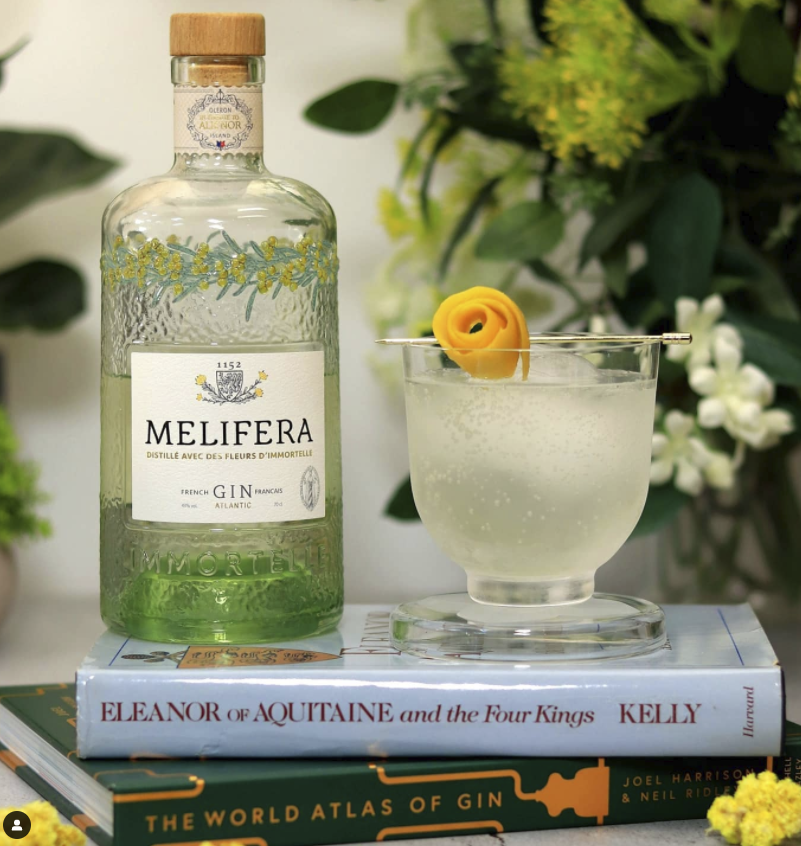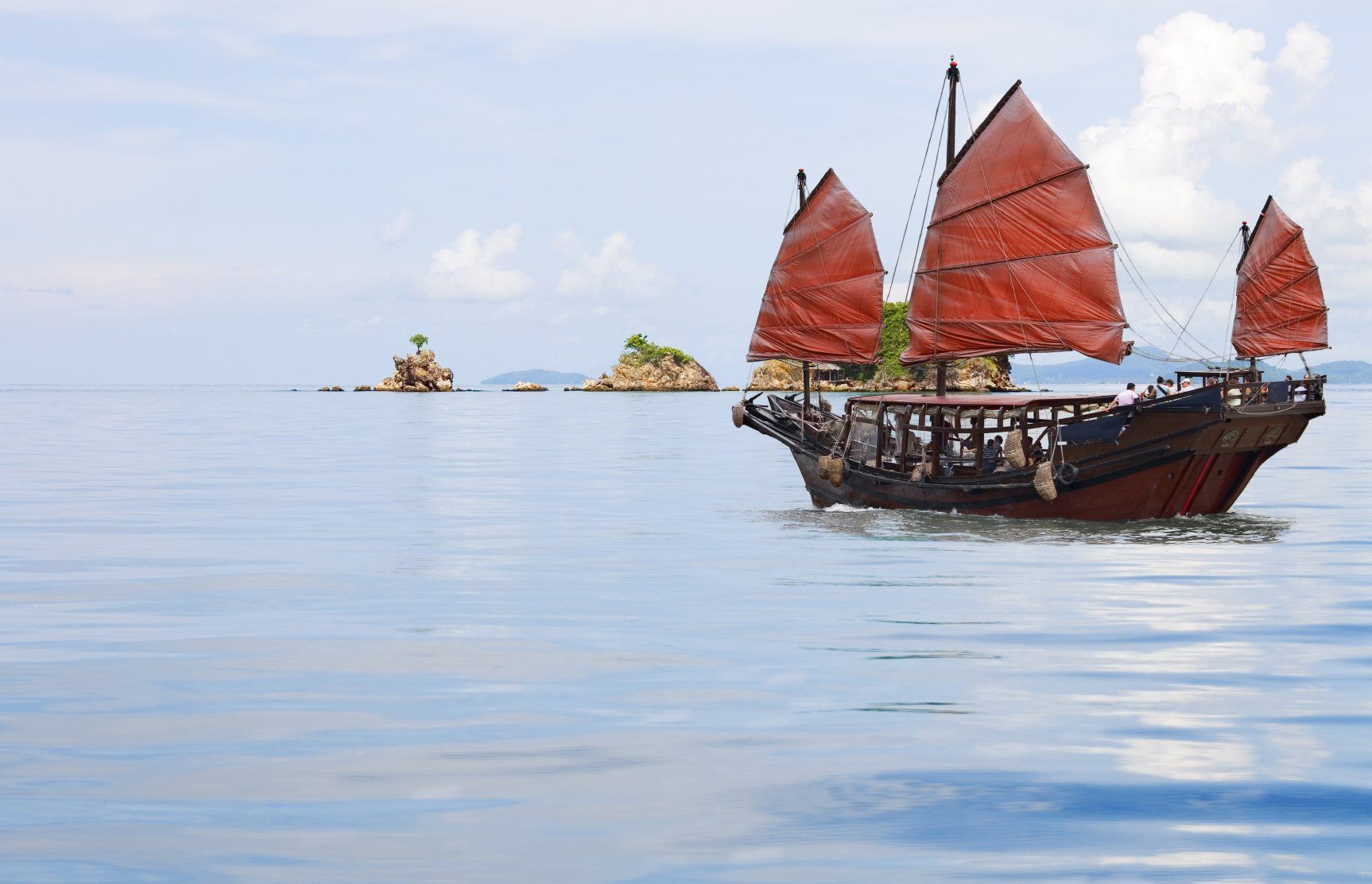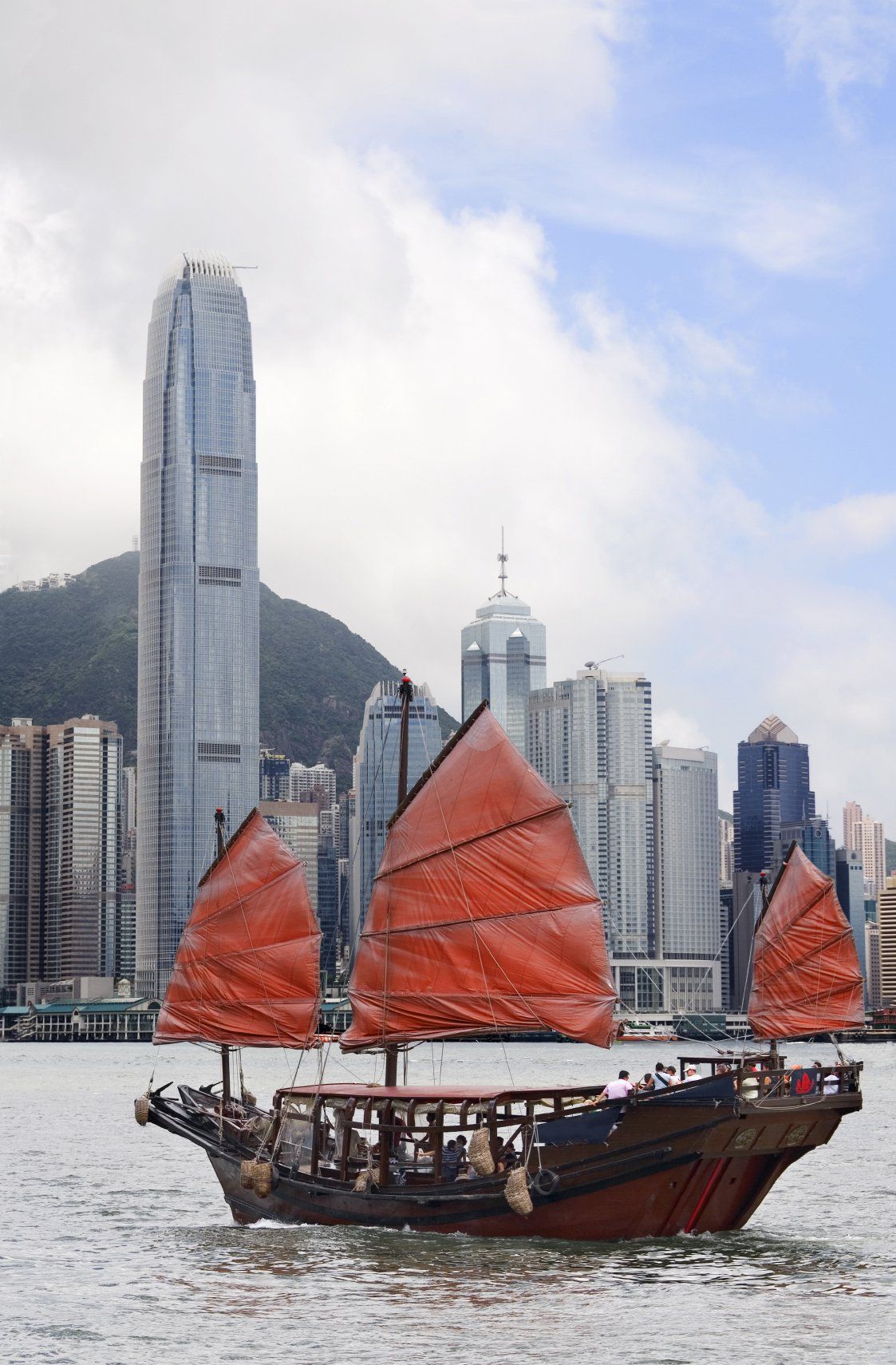South East Asia Series
Hong Kong Gin Distilleries
THE FRAGRANT HARBOUR
A city with the most skyscrapers in the world and yet so many green spaces, Hong Kong is made up of 260 islands and is home to more than 7m people.
A year ago, Handover Gin, who claimed they were Hong Kong's first gin distillery was raided by customs. It was discovered that the gin was actually produced in New Zealand and that they did not have a distillery licence. The company had been importing gin in unlabelled bottles and labelling them locally as distilled in Hong Kong. The crime of importing unlabelled products and giving false claims resulted in founder Steve Newton and his girlfriend both being arrested. When the customs officers raided the distillery in Tsuen Wan, they discovered dusty stills and equipment that were a marketing gimmick and made to look as though they were distilling on site - although some say it may have been used in the initial period before Newton resorted to passing off gin distilled cheaply in NZ. Customs confiscated all stock and equipment on site, as well as recalled bottles from distributors and I've read they were even trying to recall all bottles sold online.
I don't know how it compares to elsewhere in the world, but a distillery licence in Hong Kong is around HK$22,700 and involves a mountain of red tape. NIP report they had to deal with around 7 different authorities from customs to hygiene departments. Also, finding a suitable premises in one of the most expensive real-estate markets in the world, posed a big problem too. It's therefore no surprise that there are many brands who rather drawn inspiration locally and distill abroad. There are only 2 licensed gin distilleries in Hong Kong (NIP and Two Moons) but there are a few other local brands who distill their gin overseas, drawing their inspiration from the city and also using locally sourced botanicals. These include Perfume Trees (Netherlands), Gwei Lo (Thames Distillers), Fok Hing (Wharf Distillery Northampton), Bauhinia (Thames Distillers) and Fragrant Harbour (Herno, Sweden).













